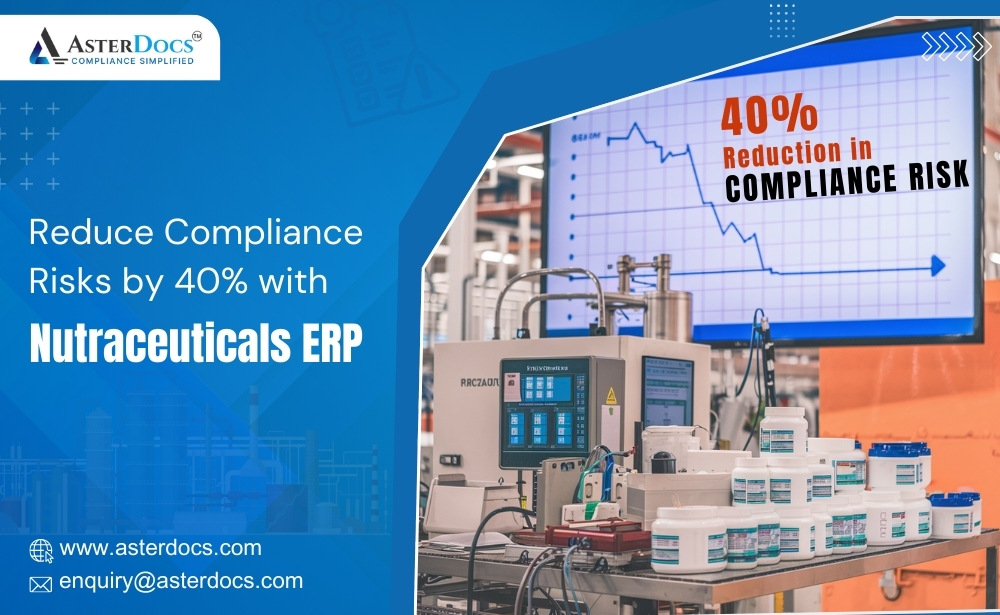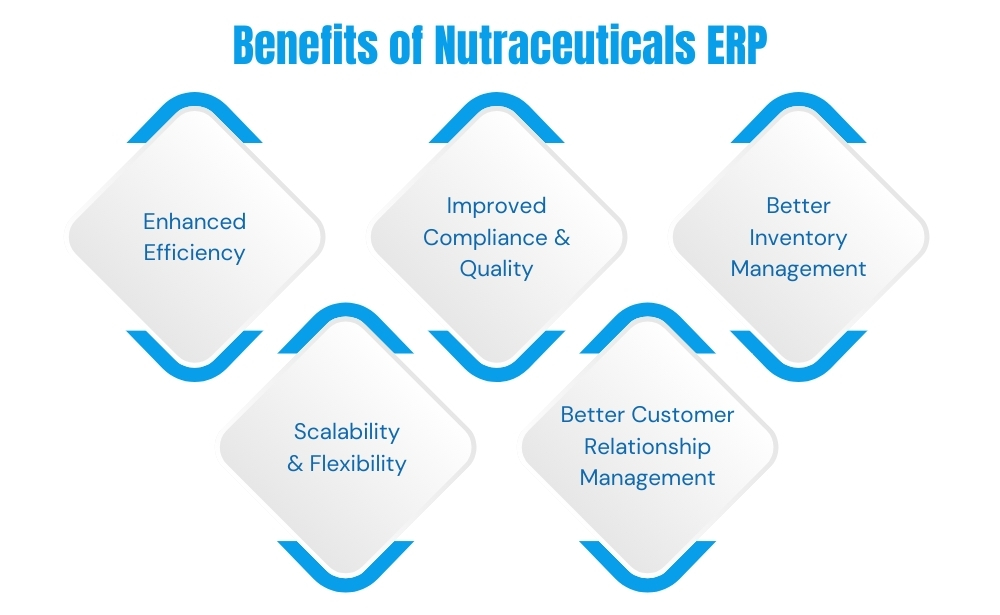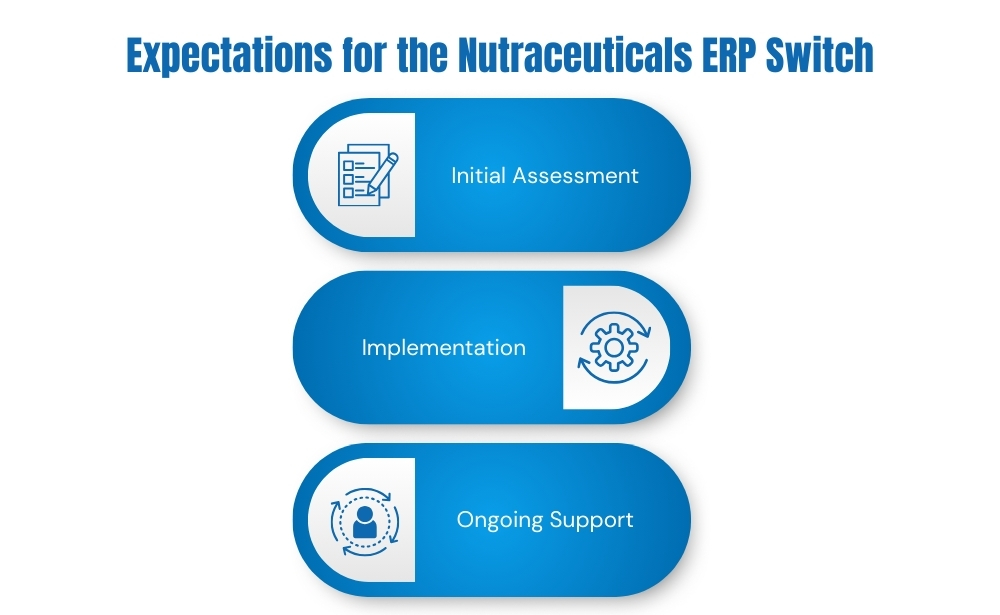Navigating the complexities of the nutraceutical industry can feel like a constant uphill battle. And, staying competitive demands more than just effort—it requires the right tools. Nutraceutical companies, in particular, grapple with unique challenges like strict compliance requirements, intricate supply chains, and the need for impeccable quality control.
This is where Nutraceuticals ERP (Enterprise Resource Planning) comes in, offering a lifeline to businesses striving to streamline their operations, ensure regulatory compliance, and enhance profitability. So, what makes ERP in nutraceuticals indispensable?
The Growing Need for ERP in the Nutraceutical Industry
As the nutraceutical industry continues to grow, so do the complexities associated with managing operations. From sourcing raw materials to ensuring compliance with ever-changing regulations, nutraceutical companies must navigate a labyrinth of challenges. Traditional methods of managing these tasks can lead to inefficiencies, errors, and, ultimately, lost opportunities.
Nutraceuticals ERP integrates various business processes into a single, cohesive system, providing companies with the tools they need to thrive in a competitive market.
Key Benefits of Nutraceuticals ERP
1. Enhanced Efficiency
- Streamlined Processes: ERP systems automate and integrate various business processes, from procurement and inventory management to production and distribution. This streamlining reduces the time and effort required to complete tasks, allowing employees to focus on more strategic initiatives.
- Real-Time Data Access: With real-time data at their fingertips, decision-makers can quickly identify issues, monitor performance, and make informed decisions that drive the business forward.
2. Improved Compliance and Quality Control
- Regulatory Compliance: The nutraceutical industry is highly regulated, with strict guidelines that companies must adhere to. ERP helps ensure compliance by tracking and documenting every step of the production process, from raw material sourcing to final product delivery.
- Quality Assurance: ERP systems provide tools for rigorous quality control, ensuring that products meet industry standards and customer expectations. This not only protects the company’s reputation but also reduces the risk of costly recalls and legal issues.
3. Better Inventory Management
- Optimized Inventory Levels: Managing inventory can be a daunting task, especially in an industry where product shelf life is a critical factor. ERP systems help nutraceutical companies maintain optimal inventory levels by providing accurate, real-time data on stock levels, demand forecasts, and expiration dates.
- Reduced Waste and Costs: By optimizing inventory levels, companies can reduce waste, minimize storage costs, and improve overall profitability.
4. Scalability and Flexibility
- Adaptability: As nutraceutical companies grow, their needs evolve. ERPs in nutraceuticals are designed to scale with the business, offering the flexibility to add new modules and features as needed.
- Customizable Solutions: ERP systems can be customized to meet the unique needs of each business, ensuring that the system aligns with specific operational requirements and goals.
5. Enhanced Customer Relationship Management (CRM)
- Improved Customer Insights: ERP systems integrate CRM tools that provide valuable insights into customer behavior, preferences, and purchasing patterns. This information can be used to tailor marketing strategies, improve customer satisfaction, and drive sales.
- Streamlined Communication: With all customer data centralized in one system, communication across departments becomes more efficient, leading to faster response times and better service.
Transitioning to Nutraceuticals ERP: What to Expect
Transitioning to an ERP system in nutraceuticals may seem daunting, but the benefits far outweigh the challenges. Here’s what to expect during the transition:
- Initial Assessment: Begin by assessing your current processes and identifying areas where an ERP system could add the most value.
- Implementation: Work with an experienced ERP provider to customize the system to your specific needs. This may involve training employees, migrating data, and setting up new workflows.
- Ongoing Support: A good ERP provider will offer ongoing support and updates to ensure the system continues to meet your needs as your business evolves.
Conclusion
In a competitive market, staying ahead requires more than just hard work; it demands smart work. Nutraceuticals ERP systems offer the tools and insights needed to operate efficiently, comply with regulations, and deliver high-quality products to the market. By investing in an ERP, companies are not only future-proofing their operations but also setting themselves up for long-term success.
Ready to transform your nutraceutical business? Explore how AsterDocs can help you streamline your document management, ensure compliance, and stay competitive in today’s dynamic market. Get in touch with us today to learn more!















